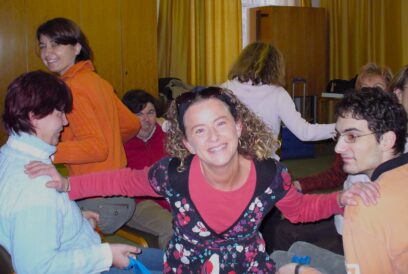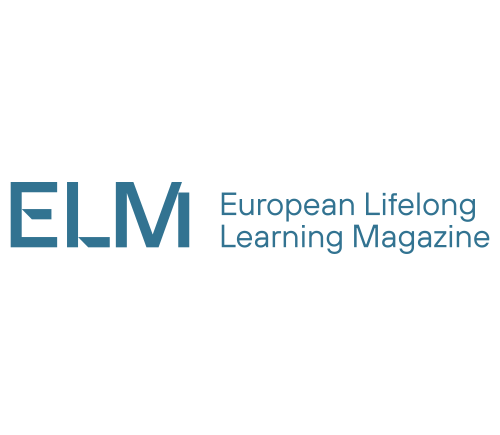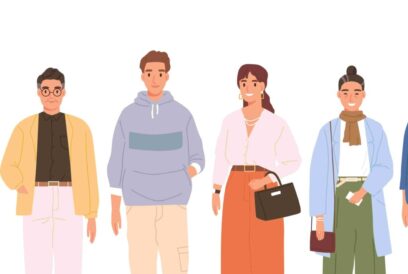

Promoting resilience in times of social and economical crisis: A critical agenda for lifelong learning
Published:In the midst of serious youth unemployment in many parts of Europe, it feels reasonable to ask how can lifelong learning policies and practices best equip youth to thrive in the 21st century? While recognizing the complexity and multi-dimensionality of this question, in my editorial, I propose resilience as a pivotal lifelong learning agenda.
In the midst of serious youth unemployment in many parts of Europe, it feels reasonable to ask how can lifelong learning policies and practices best equip youth to thrive in the 21st century?
While recognizing the complexity and multi-dimensionality of this question, in my editorial, I propose resilience as a pivotal lifelong learning agenda. In specific, I would like to draw attention to the importance of cultivating resilience in our communities and individuals, so that we can “bounce back” even in challenging circumstances resulting from social, technological and economical disruptions.
From the perspective of individuals and their capacity for resilience, we must make sure that lifelong learning practices and contexts reinforce people’s psychological and physiological competences to deal with disruptions and challenges in their lives.
At the basic level, this requires shifting educational priorities from mere focus on disciplinary expertise to resilience and perseverance. In fact, there is a growing corpus of research evidence that suggests that capacity for resilience is pivotal for success in life and work. Moreover, research shows that one can learn to become more resilient; resilience is not just something that some have and some don’t. Young people’s capacity to take an active role in combatting challenges and envisioning alternative futures has significant implications for the quality of their lives. Such competences can be a great resource for youth in entering the job-market, in starting up a professional life, and for their wellbeing in general.
Capacities for resilience are likely to emerge in social contexts in which the individual is able to pursue a personal interest or passion with the support of friends, caring adults, expert communities and, is in turn, able to link this learning and interest to academic achievement, career success or civic engagement. Here, knowledge and knowing are associated with everyone participating. In other words, learners are seen by themselves and by others as knowledgeable, committed and accountable participants. Learners are held accountable for contributing to authentic problem solving and knowledge co-creation.
Moreover, learners are provided with opportunities to develop interpersonal relationships and to learn with and from others. Such lifelong learning practices and contexts broaden traditional forms of learner agency and accountability by expanding possibilities for engagement and bringing in new partners with whom to collaborate. These expanded learning contexts cut across the boundaries that have traditionally separated institutions of education, popular culture, home, community, and working life.
It is important to acknowledge that resilient individuals and communities can only emerge through sustained collective efforts. We must be ready to imbue resilient communities, institutions and infrastructures with greater flexibility, intelligence and responsiveness. A resilient system is not just discovered through good science; it emerges in social practices. Community resilience is both a process and an outcome of collective engagement with social-ecological complexity. From this it results that leaders and core players in education, working life, and community services should see themselves as active participants in assisting the evolution of a broader ecology of learning, which is lifelong and life-wide, 24/7, and supported by myriads of providers. Here, new partnerships are likely to emerge in the provision and organization of lifelong learning. In these partnerships also youth have an active role to play in co-designing possibilities for learning and education. Co-constructed pathways to resilient communities are likely to lead to new energy, investment and disruptive innovation.
The complexity of contemporary society calls for new kinds of educational configurations to serve the multiplicity of needs of 21st-century youth. Designing learning opportunities that respond to holistic learning lives and that reconfigure spaces and places of learning is important in a time where an increasing number of young individuals feel disengaged and disconnected from formal education and working life. In our present issue of LLinE, we are proud to share compelling texts that all address youth (un)employment within the context of lifelong learning. These writings not only communicate problems and deficiencies but also give us hope of alternative futures. It is time to bounce back.





